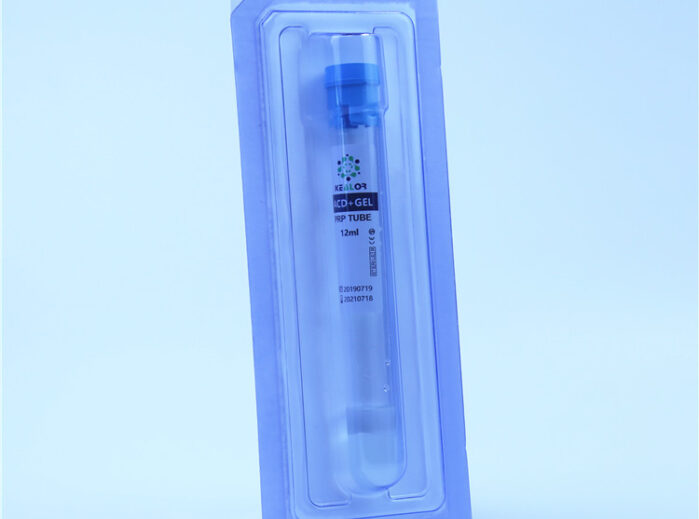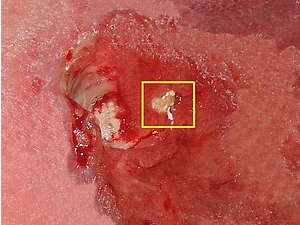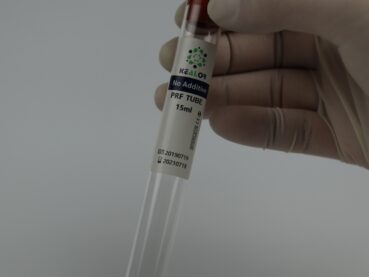Platelet Rich Plasma (PRP) kits aim to address the issue of variability in platelet and growth factor content between individuals through several methods and considerations:
- Customization Options: Some PRP kits provide healthcare providers with the flexibility to customize the PRP preparation process based on the patient’s specific needs. This includes adjusting the centrifugation parameters, the choice of collection tubes, and the use of additives or activators. Customization allows for tailoring platelet and growth factor content to the individual’s condition and the intended medical or aesthetic procedure.
- Adjustable Concentration: Healthcare providers can adjust the platelet concentration in PRP by modifying the centrifugation parameters, such as the speed and duration of centrifugation. This allows for variations in platelet concentration to meet the therapeutic requirements of different patients.
- Patient Assessment: Before performing PRP therapy, healthcare providers typically conduct a thorough assessment of the patient’s medical history, condition, and treatment goals. This assessment helps determine the appropriate platelet concentration and processing method for the individual.
- Clinical Experience: Experienced healthcare providers may have a deep understanding of how variations in platelet and growth factor content can affect treatment outcomes. They can use their clinical judgment to make informed decisions about PRP customization.
- Monitoring and Quality Control: Reputable PRP kit manufacturers implement stringent quality control measures to ensure consistency and reliability in platelet and growth factor content. This includes batch testing and adherence to quality assurance protocols to minimize variability between kit lots.
- Scientific Research and Guidelines: Ongoing scientific research and clinical guidelines help healthcare providers stay informed about best practices for PRP therapy. Research studies can provide insights into optimal platelet concentrations for specific conditions.
- Patient Education: Healthcare providers play a crucial role in educating patients about the potential variability in PRP content and its implications for treatment outcomes. This helps manage patient expectations and ensures they understand the personalized nature of PRP therapy.
It’s important to recognize that some degree of variability in platelet and growth factor content is inherent in PRP therapy due to individual patient factors, such as age, overall health, and the underlying condition being treated. However, through careful customization and patient-centered approaches, healthcare providers can minimize this variability and optimize the therapeutic benefits of PRP for each patient’s unique needs.








